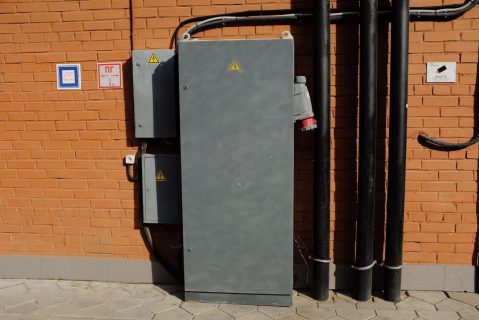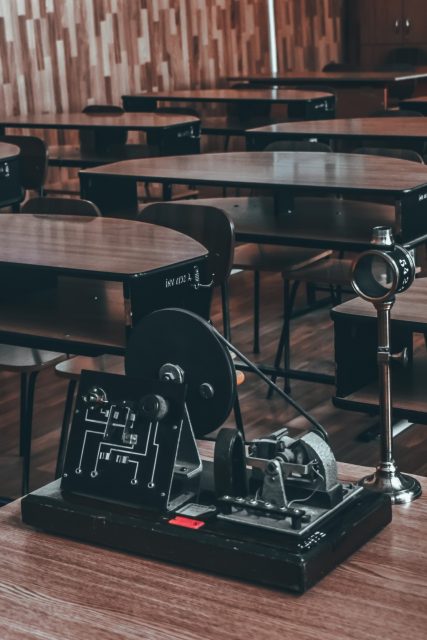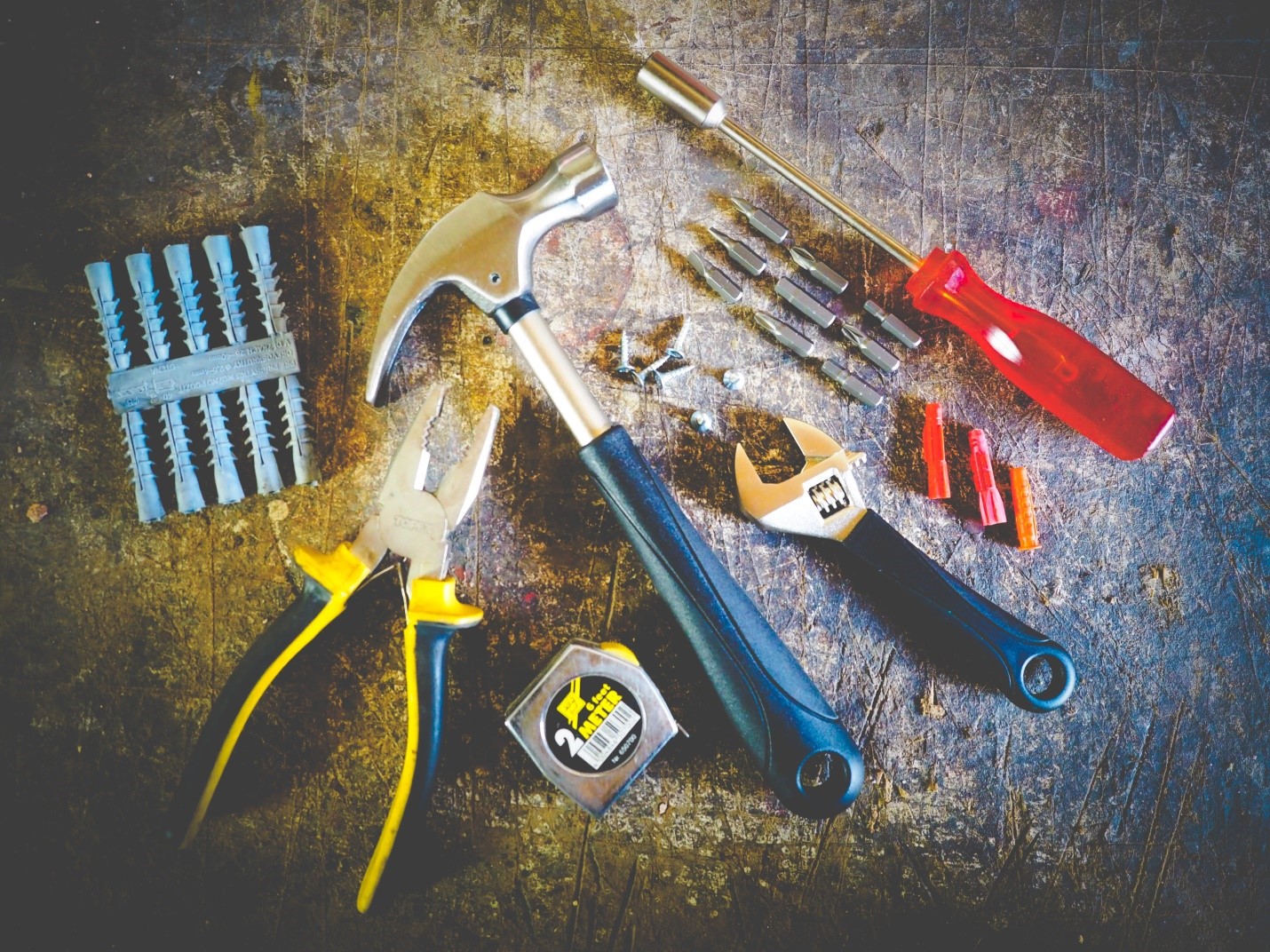Are you worried about the cost of generator repair? In this article, you will learn how to keep your generator in good working condition. You will also learn about the different types of generators available, what maintenance is needed, and common generator leaks.
Cost of generator repair
The cost of generator repair can vary greatly depending on the type of fuel used, the size of the unit, and the scope of repair required. If you are using a diesel or gas-powered generator, you may want to choose a smaller unit instead, as they are less complicated to maintain and repair.
The repair cost will depend on the problem at hand, as larger units need more attention and are more expensive to replace. You should consult a mechanic for a generator repair estimate.
A reputable manufacturer will also offer annual service contracts. Keeping your unit maintained will reduce the likelihood of expensive repairs in the future. A good generator repair company such as Anser Power Services will perform regular inspections and will have a trained technician look over the entire device. This can ensure that you will not experience outages at inopportune times.
You may be able to repair your generator yourself if you know basic mechanic skills. Common problems with generators include a clogged carburetor, a failed ignition coil, or a malfunctioning starter motor.
You can test the ignition coil yourself with a tester or by taking your generator to a local repair shop. If you cannot do any of the above repairs, you may need to hire a generator repair professional.

Types of generators
There are different types of home generators and commercial generators. While some are similar to residential generators, commercial ones are more powerful and can run on several fuel sources, including gas and diesel. Click here for updated information about gas and diesel fuel rates.
These generators can be used to power a single room or a few electrical appliances. Portable models are often used indoors, where they can provide power for a few home appliances while power is not available elsewhere. These generators can also be used for home medical devices and weather bulletins. They also qualify for discounts on insurance.
While all generators may need repairs, some are more susceptible to malfunction. Fuel and coolant systems are two common problems for portable generators. Check for low coolant levels or overheating, and look for warning signs such as tripped breakers.
Another common cause of generator repair is fuel failure, which can be caused by contaminated fuel tanks. Similarly, sediments in the fuel lines can cause the generator to run poorly or even stop working. Belts also wear out from regular use, but they are easily visible and can easily be replaced before they are prone to breaking.
There are two main types of generators. Diesel generators are popular because they have low maintenance costs and are readily available. However, the disadvantage of diesel is that it burns fuel quickly and is less environmentally friendly. Click the link: https://www.epa.gov/dera/learn-about-impacts-diesel-exhaust-and-diesel-emissions-reduction-act-dera for more information about the environmental impact of diesel fuel.
Both diesel and gasoline generators need regular maintenance, and both types can degrade and clog. Diesel generators are also more expensive than gasoline-powered generators and can only be stored for a short time before they need repair.

Maintenance needed
While operating, check all parts for cracks, abrasions, and loose connections. Ensure that the fuel supply and return lines do not rub against each other or anything that could break them.
Check the air intake system for cracks and debris, replace the air filter, and inspect the piping around the crankcase breather. Check for leaks, particularly at connection points, welds, and gaskets. If you suspect that there is a leak, you should contact a qualified technician to fix the problem.
Performing fluid analysis is an essential part of regular maintenance. Fluid analysis is performed by a laboratory and should adhere to manufacturer guidelines. The frequency of inspections during operation is based on the application.
Checking recent repairs, draining the fuel system, changing the coolant filters, and covering the intake ports are all part of routine generator maintenance. The interval between fluid analysis and routine maintenance varies from one generator to another. Performing these regular checks can ensure your generator will run smoothly for many years to come.

